06 May IP55 Outdoor Cabinet
We found out that there is no enough information about 19” IP55 Outdoor Cabinet and thus we will investigate it. If you are reading this article, then you are probably planning to make a procurement soon. So, let’s dive in! We will try to give you an idea about what you need to care before you purchase it.
19′ IP55 Outdoor Cabinet serves you in semi-open house areas such as factories and warehouses with your critical CATV or CCTV commercial telecoms where no direct water contact such as rain, snow or direct sun light. These enclosures can be made of Metal, Aluminum or Stainless Steel and usually include 19″ mounting profile with fans, heater and free standing plinth. Depends on manufacturer the construction of these cabinets generally can be fixed onto wall or pole as an external data cabinet providing IP55 protection against dust and water ingress as per EN60529 standard. A perfect choice to protect your sensitive network devices from harsh environment[1].
Optional Fan, air filters or air vents dramatically decrease the degree of IP rating of cabinet which may have up to IP67 ip rating without any hole, vent, filter. IP55 Outdoor Cabinet usually have sealed doors, locks and filters in order to avoid water penetration. As application area is usually semi-open area you need pay more attention to privacy of your sensitive network equipments against un-authorized people who may try to interfere with your equipment. Thus a protective locking system, usually 3 point locking system will be a perfect choice. Where the lock handle will have plastic coating against corrosion.

Filter and Fan System: IP55 outdoor cabinet has a fan and filter system which guards it against water and dust integration and circulates fresh air into the cabinet. The upper chassis of cabinet is equipped with 1 or 2 way fan including thermostat. The canopy roof hosts the fans.

Paint: Polyester type powder coating will ensure the long product life. These cabinets usually have air inlet and air outlets with filter and filter mesh.
Skin Options: To have additional protection against hot and cold whether conditions. Double Wall/Skin design protects the cabinet with the additional 4 plates -on every side of cabinet -rear, front, right and left sides- they must have insulation materials -Aluminum Foiled protection- for a complete protection. We strongly recommend Double Wall/Skin Cabinets for the countries where harsh environmental conditions is exist.
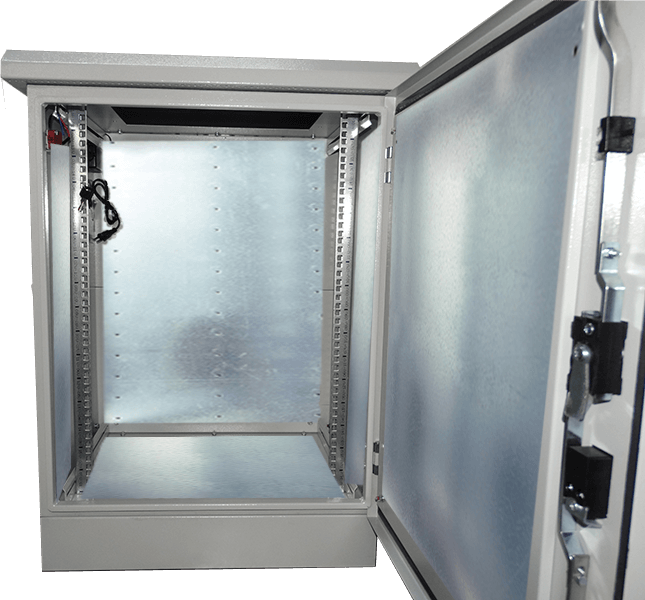
Main Dimensions:
7U,9U,12U,15U,19U, 20U, 25U and 30U
Depth: 450mm or 600mm
Width: 600m
Maintenance:
As all equipments need maintenance, IP55 Outdoor Cabinet need too. Filters and fans require periodic maintenance. However most of the people ignore or overlook this point during the purchasing process. Then they face serious issues with the maintenance and replacement of malfunctioning fans of cabinets. The best solution on that is an opening top panel. Opening top panel enable you to interfere with part need to be maintained and replaced within the time. In case there is not opening top integrated on to cabinet, you may need to remove all your equipments for the maintenance or part replacing. So it’s always good to keep this detail in mind.
General Standards required
- Mechanical Structures for Electronic Equipment, Cabinets: EN 61587-1 2012
- Overall Cabinet Dimensions.: IEC 297-2
- 19’’ mounting: IEC 297-1
- IP54/55 protection : EN 60529
- Mechanical Impact Resistance: IK10
- Information technology equipment Safety – General Requirements: EN 60950-1:2006
Environment Friendly Standards

IP rating:
It is often confusing for an engineer to know what type of rating they need to look for when they desire to have a “waterproof” enclosure. It is always confusing to know which form of rating you have to check for if a “waterproof” enclosure is to be found. As for watches and other sensitive information, there is a significant variation between waterproof, waterproof and other, albeit non-specific, descriptive marks. There are, however, several rating systems developed and several testing agencies which check the results. This include NEMA and IP, the two most popular.

For example, consider an IP65 rating:
- The rating’s first digit, e.g. IP6_, means that the enclosure is dust tight
- The second digit, e.g IP_5, relates to the ingress protection against water
To watch a detailed video:
[1] High humidity/water vapour, dust or debris can create havoc on electrical equipment and cause short circuits or malfunctioning equipment, or in damp or dirty conditions.
Electrical systems are also often sensitive to temperature extremes, which can cause components to fail or malfunction. For data connections, Electro-Magnetic Interference (EMI) can be an issue as it can disrupt wired communication.
[2] RoHS stands for dangerous material limitation which even affects the electronics industry as a whole and various electrical devices. RoHS emerged in the European Union in 2002 and limits the use of six dangerous materials used in electricity and All goods on the EU market since 1 July 2006, which are available in all EU countries must be complied with by RoHS.
[3] REACH is a European Union Regulation, introduced for the development and enhancement of the productivity of the EU chemical industry, to protect human health and the atmosphere from the danger of chemicals. It also encourages alternative hazard evaluation approaches for minimizing the number of animal evaluations.
[4] As a compulsory conformity labeling of the European Union (EU), the Conformitè Europëenne (CE) is defined as a label to govern products sold within the Economic Area of Europe (EEA) since 1985. The CE labeling is a statement by a producer that goods conform with the EU Directives surrounding the latest strategy. The Criteria apply not only to EU products but also to products produced in or planned to be marketed in the EEA. Even those who are unfamiliar with the EEA will therefore understand CE labeling worldwide. Attaching a CE label to a product is treated as a way for certifying that the product satisfies all applicable EU specifications by authorities in the EU Member States.
Advancements in Fiber Optic Technology: Improving Bandwidth and Transmission Rates
Fiber optic technology has revolutionized the way we communicate, providing faster and more reliable data transmission over long distances. The use of fiber optic cables has become increasingly popula...
No comment 0 LikesOptical Fiber
What is optical fiber? We are used to the concept of moving knowledge in numerous ways. A wire cable transports the sounds from our speech into a socket on the wall and is borne by another cabl...
No comment 8 LikesFTTH installation Technologies
FTTH installation technologies Table of Contents Innovative approach to FTTH installation Technologies…1 Infrastructure Sharing…2 Duct sharing in France…2.1 Sewer pipes…2.2 Cle...
No comment 1 LikeWhat is MPO Cable
What is MPO Cable? Executive summary Push On (MPO) Multi-fiber Connectors – Fiber connectors consisting of several optical fibers are multi-fiber push on connectors, or MPOs for short. While des...
No comment 1 LikeIP55 Outdoor Cabinet
We found out that there is no enough information about 19” IP55 Outdoor Cabinet and thus we will investigate it. If you are reading this article, then you are probably planning to make a procurement s...
No comment 2 LikesWhat is Fiber Optic Cable
What is Fiber Optic Cable? A fiber optic cable, also known as an optical fiber cable, is an assembly similar to an electrical cable, but containing one or more optical fibers that are used to c...
No comment 2 Likes19″ Rack Cabinet
What is a 19” Free Standing Rack Cabinet? 19” free standing rack cabinets provide a robust, cost-effective enclosure solution. PDU mounting or connectivity on both the front and rear of the cabinet. T...
No comment 0 LikesHow Much Does Fiber Optic Cabling Installation Cost?
On average, fiber optic cable installation costs $1 to $6 per 30cm depending on the fiber count. It’s very difficult to estimate an exact price for an entire building to be wired, however an exa...
No comment 4 LikesConstruction Products Regulation (CPR) for Cables
CPR for cables (Construction Products Regulation) for cables became a legal requirement in July 2017. CPR for fiber optic cables is having an intended use for permanent installation in buildings and c...
No comment 0 Likes5 Fan Facts About the Fiber Optic Cables
Fiber optic cables are a type of cable that use glass or plastic fibers to transmit data. Here are some interesting facts about fiber optic cables: Speed: Fiber optic cables are capable of transmittin...
No comment 4 Likes
- Advancements in Fiber Optic Technology: Improving Bandwidth and Transmission RatesFiber optic technology has revolutionized the way we communicate, providing faster and more reliable data transmission over long distances. The use of fiber optic cables has become increasingly popular in recent years, and the technology continues to evolve at a rapid pace. In this article,…
- The Benefits and Advantages of Fiber Optic Cables for High-Speed Data TransmissionIntroduction In today’s fast-paced world, the need for high-speed data transmission has become increasingly important. From telecommunication companies to data centers and even homes, everyone requires reliable and fast data transmission. This is where fiber optic cables come in as the preferred method of transmitting…
- Tight-Buffered and Loose-Tube Cables
 The difference between tight-buffered and loose-tube fiber optic cables is in the way the fibers are protected and packaged within the cable. Tight-buffered fiber optic cables feature fibers that are surrounded by a tight-fitting buffer material, such as a plastic coating, to protect them from…
The difference between tight-buffered and loose-tube fiber optic cables is in the way the fibers are protected and packaged within the cable. Tight-buffered fiber optic cables feature fibers that are surrounded by a tight-fitting buffer material, such as a plastic coating, to protect them from… - OS1 and OS2 Fiber Optic CoresOS1 OS2 Fiber Cores are types of single mode fiber optic cables that are used for high-speed data transmission. OS1, or “single-mode,” cable has a small core (typically 9 microns in diameter) that allows for a single light beam to be transmitted over long distances…
- Fiber to the home (FTTH)
 Fiber to the home (FTTH) is a technology that uses optical fibers to deliver high-speed internet and other communication services directly to individual homes or buildings. The fibers are run from a central location, such as a telephone exchange or data center, to a termination…
Fiber to the home (FTTH) is a technology that uses optical fibers to deliver high-speed internet and other communication services directly to individual homes or buildings. The fibers are run from a central location, such as a telephone exchange or data center, to a termination…
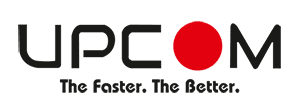


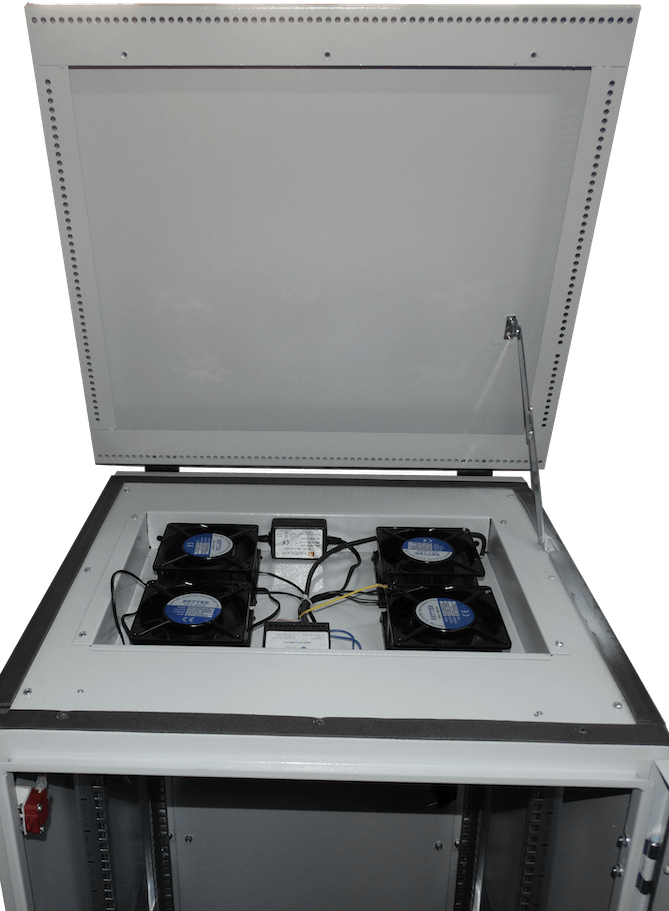
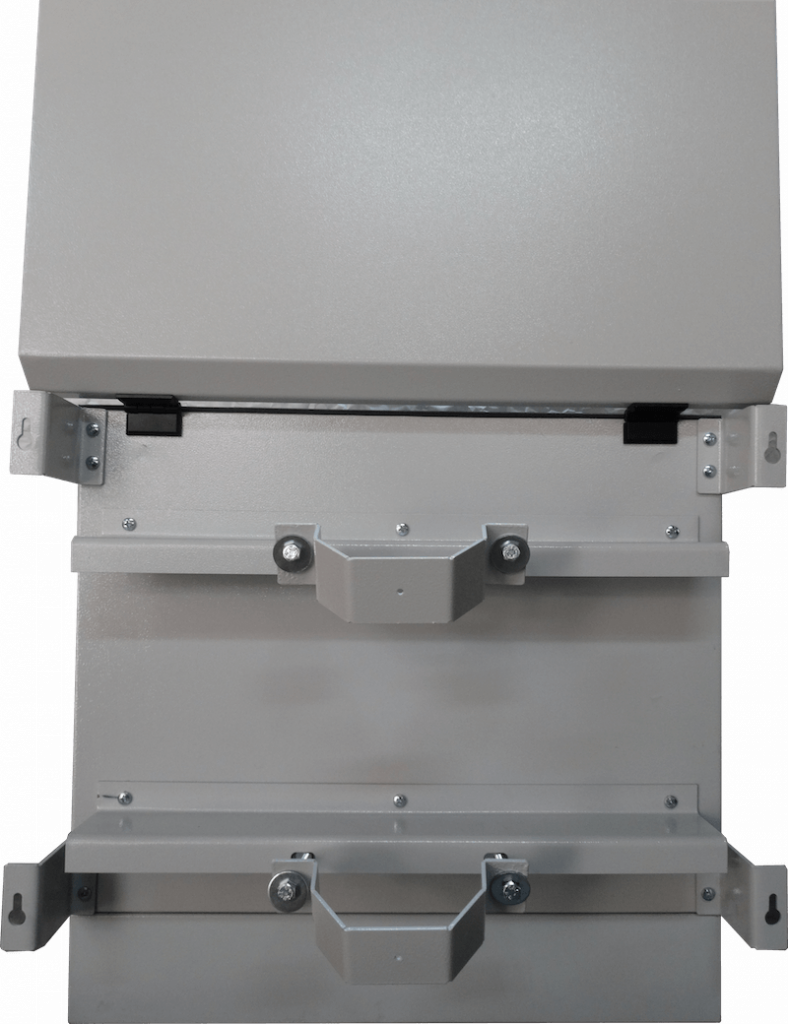
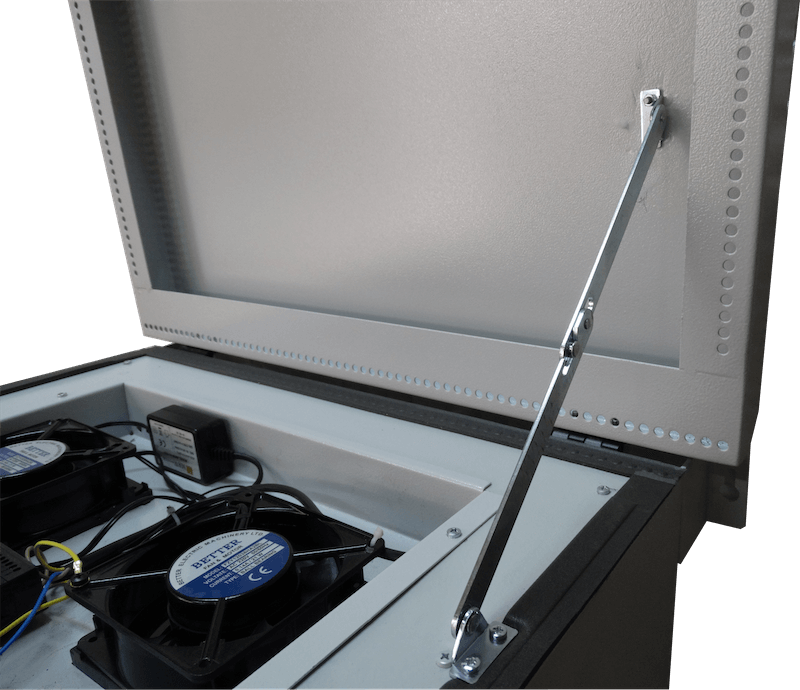

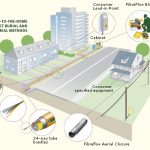
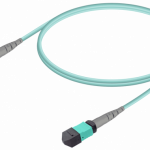
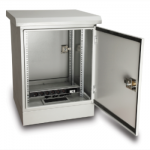

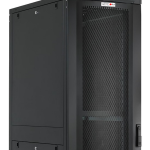
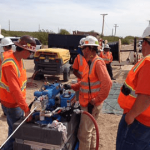

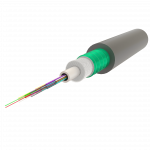
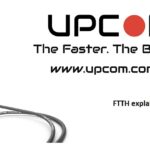
Sorry, the comment form is closed at this time.